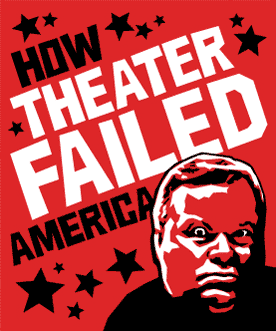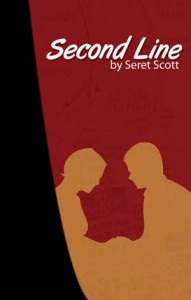courtesy of shakespearetheatreco
Yes, there are puppets. More on that later.
I chose the above picture out of STC’s flickr stream to give you some idea about some of the unusual choices that director Ethan McSweeny takes in adapting this Euripides play. The caption for the above photo is Patricia Santomasso in rehearsal for the Shakespeare Theatre Company’s production of “Ion” And she’s not rehearsing a post-death pose – that’s from a period when her character, a member of the chorus, is sunning herself on a rock. At the temple of Delphi. Since she and the other handmaidens are dressed and behave like crass American tourists on vacation.
As Dave Barry would say, I Am Not Making This Up. Continue reading





